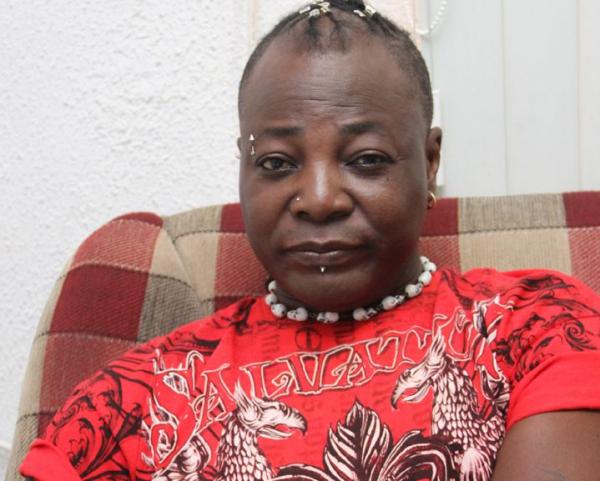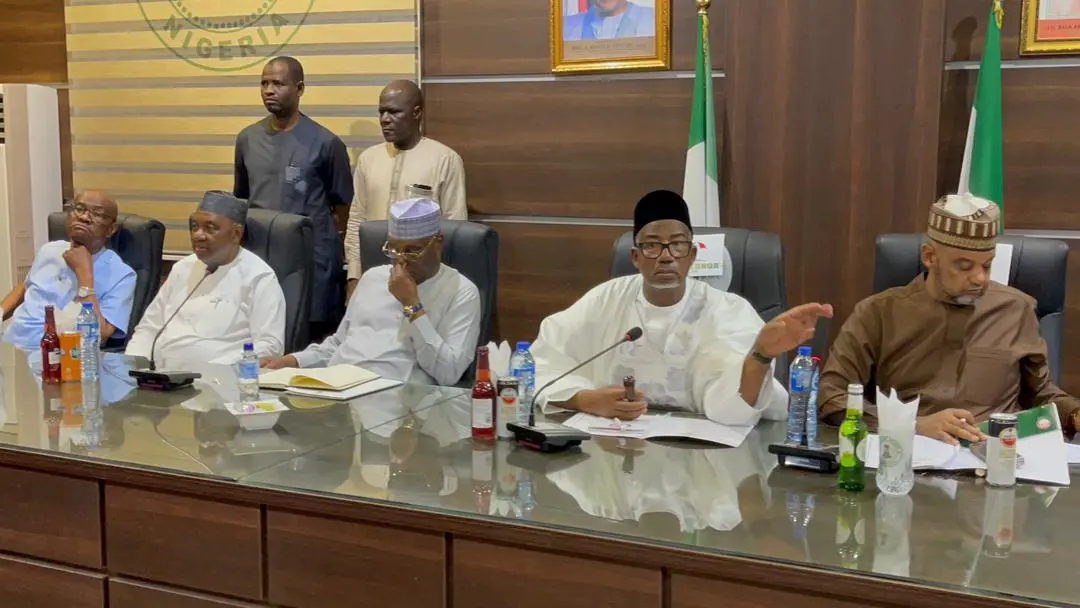
Egypt and Sudan have accepted Ethiopia’s proposal to start filling the Grand Ethiopian Renaissance Dam (GERD) dam in June 2020, when there will be high rainfall in the Ethiopian highlands, engineer Gedion Asfaw, a member of the Ethiopian negotiation team, said on Thursday.
The Ethiopian negotiations team member's statements come as the meetings between water and irrigation ministers of Egypt, Ethiopia and Sudan started in Addis Ababa started on 15 November.
The meeting in Addis Ababa is one out of four technical governmental meetings at the level of water ministers and is attended by the World Bank and the United States as observers.
In their latest trilateral talks in Addis Ababa, Ethiopia, Sudan, and Egypt, discussed six points involving the filling and releasing of water from the GERD as well as future operations of the project on the Nile.
If the countries abide by the latest agreement, the GERD will hold 4.9 billion cubic meters of water by mid-2020, and that would be enough for Ethiopia to launch the preliminary power generating activities late next year using two turbines with a total capacity of producing 720 megawatts of electricity.
Ethiopia is set to fill the reservoir of the dam in four years provided there is adequate rainfall.
According to Ethiopian engineer Asfaw, the filling period can be stretched up to seven years if rainfall is low in the Ethiopian highlands.
The three countries have tabled different proposals on the duration of filling the GERD’s reservoir. Egypt’s proposal calls for a relatively extended filling period as long as 16 years.
The contentious issue between the three countries is on the volume of water Ethiopia should release every year to downstream countries.
Egypt says Ethiopia should release at least 40 billion cubic meters of water annually while Sudan demands that at least 35 billion cubic meters of water reach its territory every year.
Ethiopia proposes the release of 31 billion cubic meters of water to the downstream countries every year, but in the case of a rain shortage on its highlands and the water volume is below 31 billion cubic meters, it will release all the water to Sudan and Egypt.
According to Asfaw, Egypt still cites the 1929 treaty on Nile water shares, which Ethiopia was not part of even though the nation contributes more than 85 percent of the Nile water.
The treaty states that Egypt’s Nile water share is 55.5 billion cubic meters and Sudan’s is 15.5 billion cubic meters, considering that 10 billion cubic meters of water is lost to evaporation.
The treaty gives no water shares to the upper Nile Basin countries of Rwanda, Burundi, the Democratic Republic of Congo, Tanzania, Kenya, Ethiopia, and South Sudan. Ethiopia has categorically rejected the treaty, which it was not a party to.
Ethiopia has insisted that the dam’s reservoir be filled based on Article 5 of the declarations of principles as agreed upon by the leaders of the three countries, while Sudan has called for the implementation of an agreement reached by the foreign ministers of the three countries.
The technical team leader said that Egypt has fully accepted Ethiopia’s previous proposal put on the table in Markham, Sudan, a few months ago, before the US-mediated talks in Washington DC.
The latest tripartite negotiations in Addis Ababa involved observers from the US government and the World Bank based on the agreement reached by the foreign ministers of the three countries in their earlier meetings in Washington DC.
There have been concerns from the Ethiopian public that the US would take sides with Egypt at the expense of the rights of the Ethiopian people, considering Egypt’s closer relations with the US and World the Bank.
“We call upon the observers from the US government and the World Bank to remain neutral in the course of the negotiations,” said Ethiopia’s Minister of Water Irrigation and Energy Seleshi Bekele while opening the discussion.
Ethiopian news outlet Ezega quoted Asfaw as saying that “there is no legal ground for the Ethiopian negotiating team to accept or make any decision at the expense of the rights of current and future generations of the country.”
During the US-mediated talks earlier this month, the three countries agreed to work towards an agreement by 15 January 2020 and would attend two meetings in Washington, DC on 9 December and 13 January to assess the progress.
Egypt, Sudan, and Ethiopia agreed in Addis Ababa during the first of four agreed upon meetings to continue discussions on all contentious issues regarding the GERD in Cairo on 2-3 December, according to a statement released by Egypt's irrigation and water resources ministry.
The ministry explained that the Addis Ababa meeting involved technical discussions on the rules of filling and operating the GERD, as well as the ways of dealing with cases of drought or prolonged drought that might occur in the future.
Ethiopia launched the GERD project in 2011 in a bid to provide electricity to more than half of its population and to become the continent's biggest power exporter, generating more than 6,000 megawatts.
Egypt, however, fears that the speed of filling the Ethiopian dam, which is 70 percent complete and set to be fully operational by 2022, will adversely diminish its share of the Nile River water, as the country depends on the river for 85 percent of its water resources.
Egypt has long sought external mediation on the GERD, while Ethiopia insisted to keep the negotiations at the tripartite level.
In January 2018, Ethiopia rejected a call by Egypt for World Bank arbitration in the dispute.
During his latest visit to the US on 4 November, Egyptian President Abdel-Fattah El-Sisi requested US mediation, and as a result, a round of talks was held between the foreign ministers of Egypt, Ethiopia and Sudan with the attendance of US President Donald Trump, US Treasury Secretary Steven Mnuchin and the President of the World Bank Group David Malpass.



















